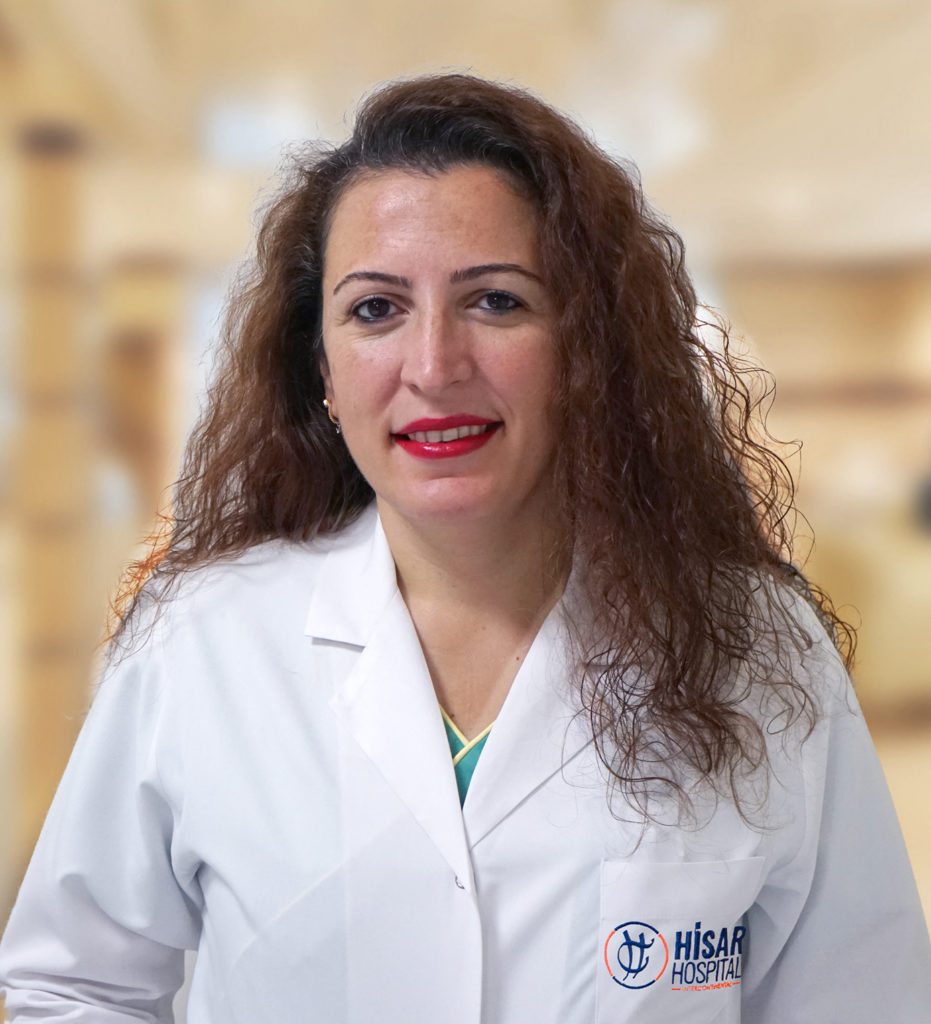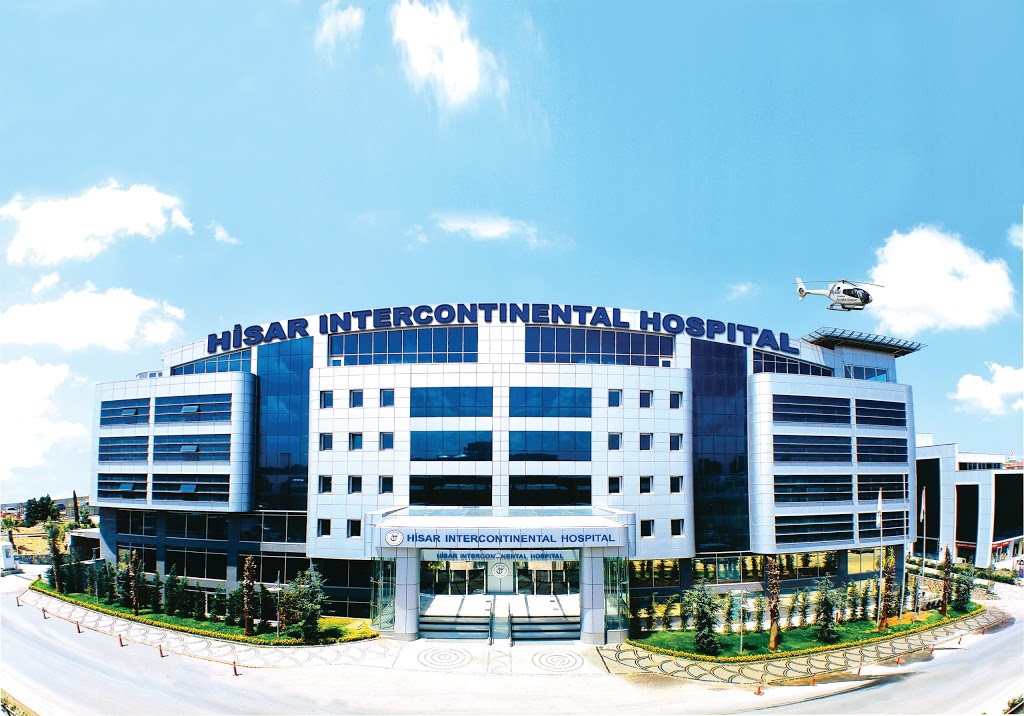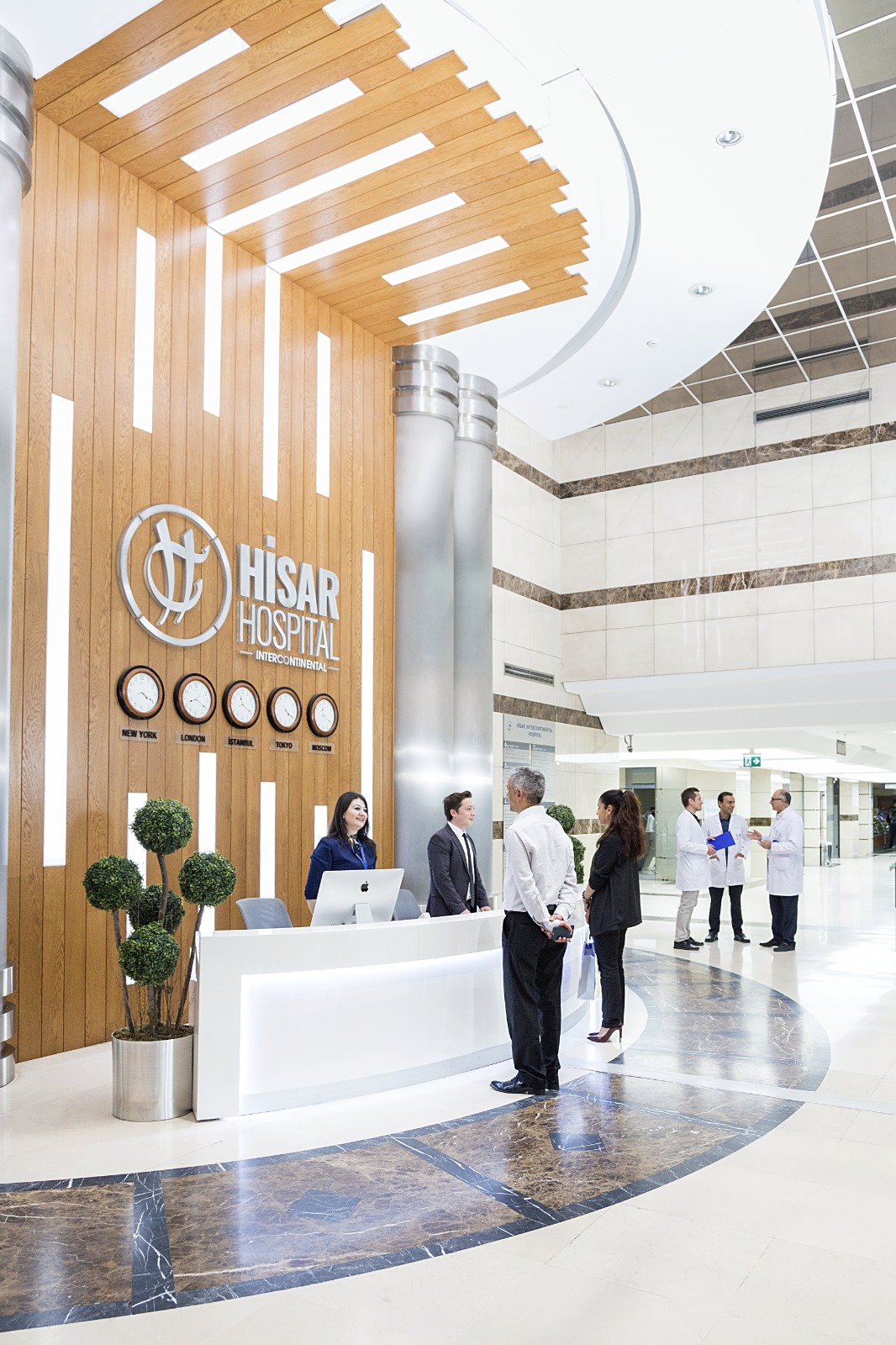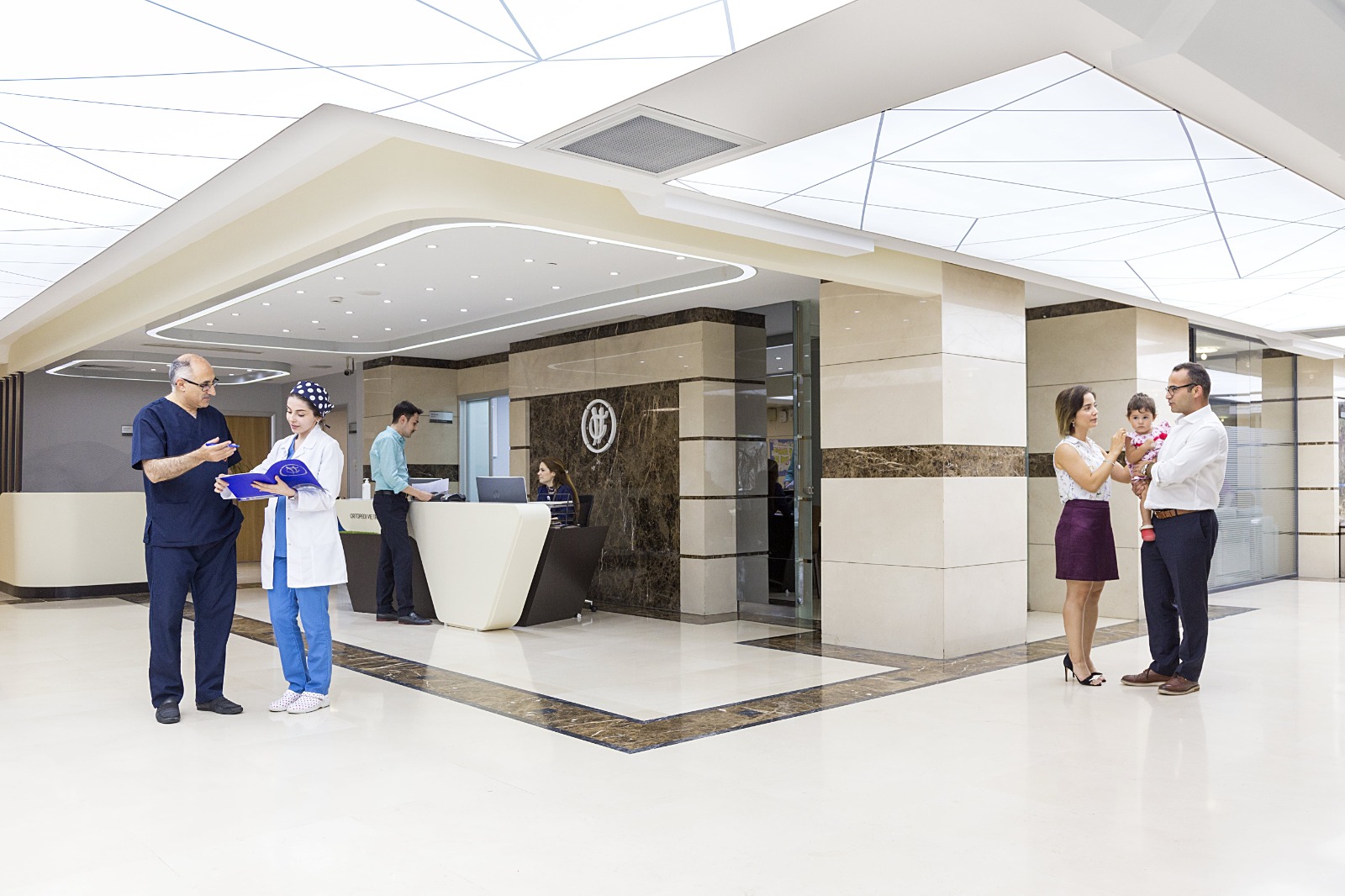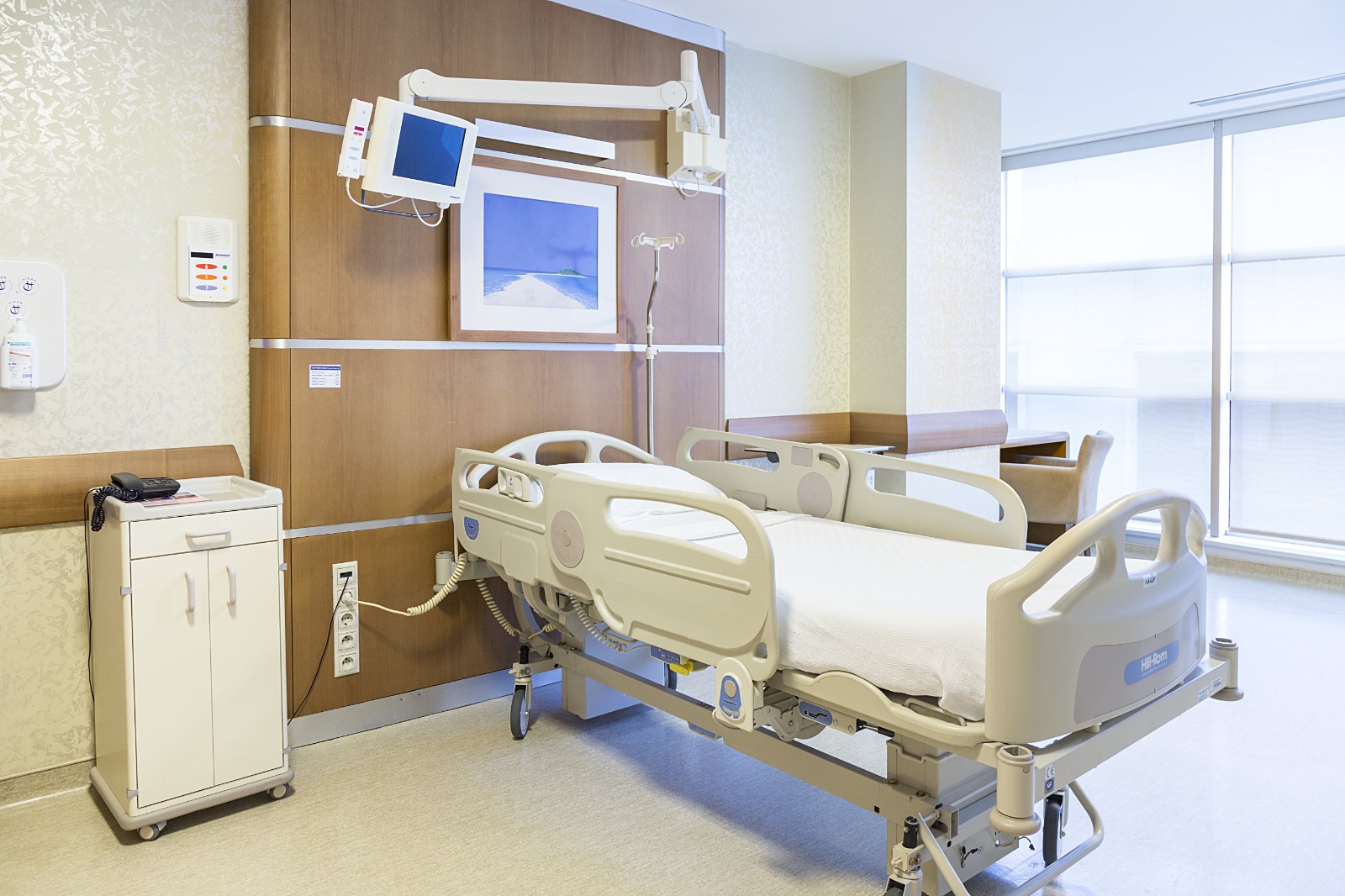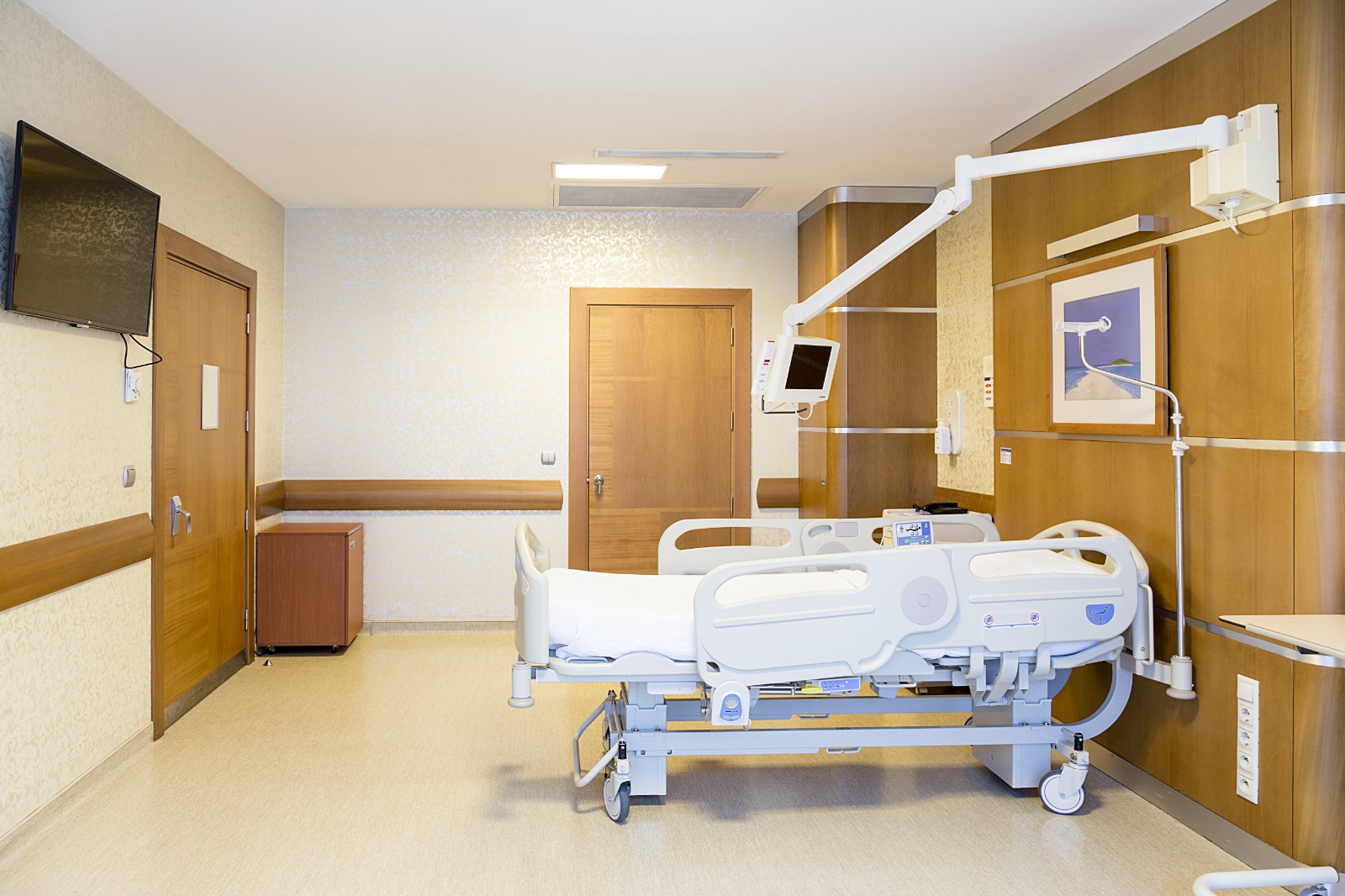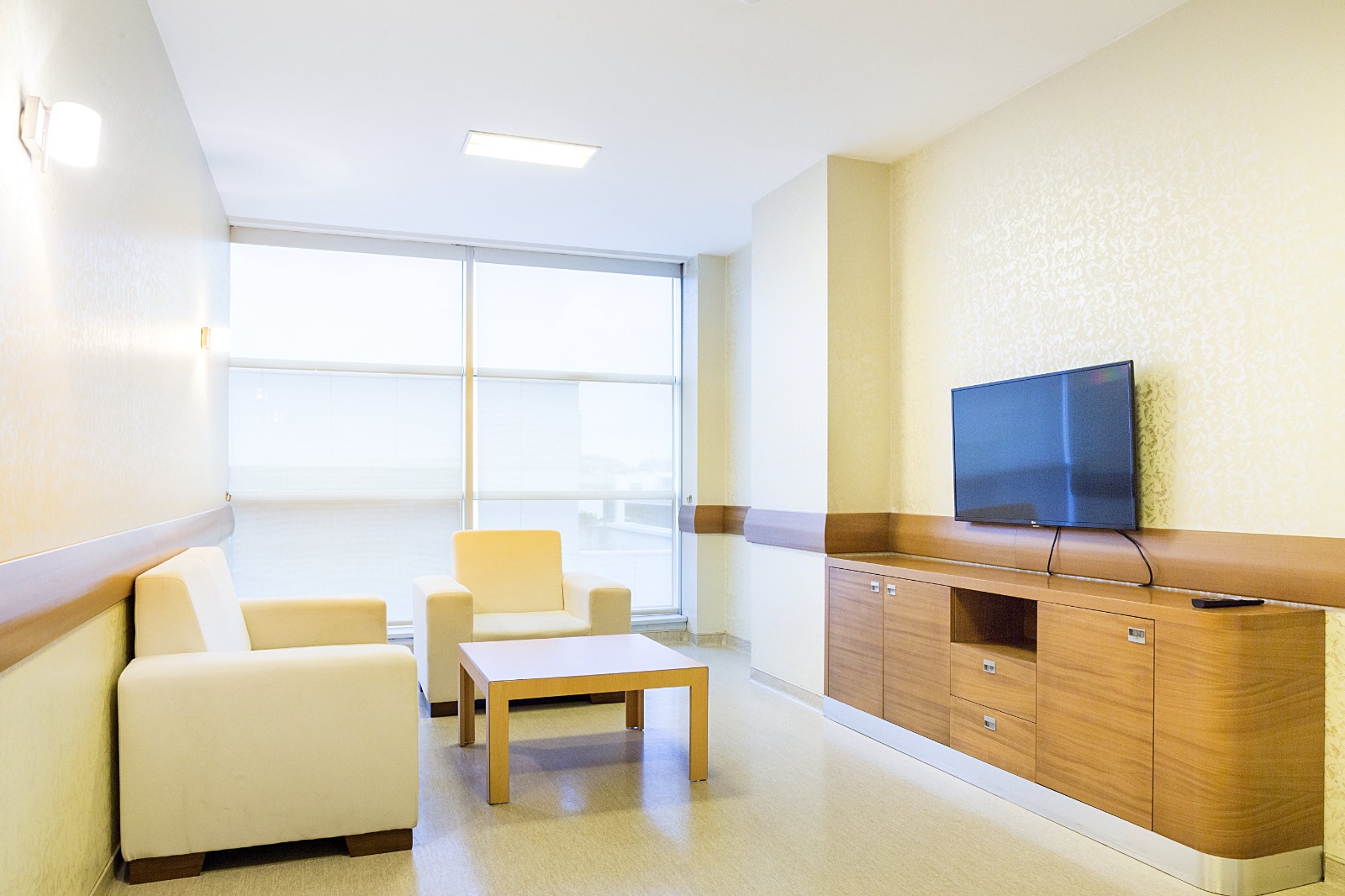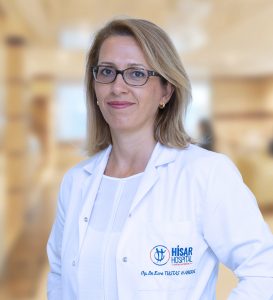What is In Vitro Fertilization (IVF)?
In vitro fertilization (IVF) is a revolutionary medical procedure that has helped millions of couples worldwide conceive a child. The process involves carefully manipulating a woman’s natural cycle through the use of fertility medications, which stimulate the ovaries to produce multiple mature eggs. Once these eggs are retrieved, they are fertilized with the male partner’s sperm in a laboratory dish, hence the term “fertilization in glass”. At the proper time, the embryos are transferred into the woman’s uterus.
When is IVF recommended?
IVF is known to be an effective fertility treatment for many couples, especially those who struggle with severe male factor infertility or blocked fallopian tubes. In these cases, IVF can provide the best chance of successful conception in a single treatment cycle.
Additionally, IVF treatment may be recommended for older patients or those who have not had success with other fertility treatments such as intrauterine insemination (IUI) and medications.
IVF can be a complex and costly treatment, but with the help of experienced fertility specialists and cutting-edge technologies, many couples have been able to successfully conceive and start a family.
Infertility : Cause Of Infertility
- Age related infertility
- Male factor infertility
- Fallopian tube blockage or scarring
- PCOS
- Fibroids, polyps and uterine disorders
- Endometriosis
- Male factor infertility
- Unexplained fertility
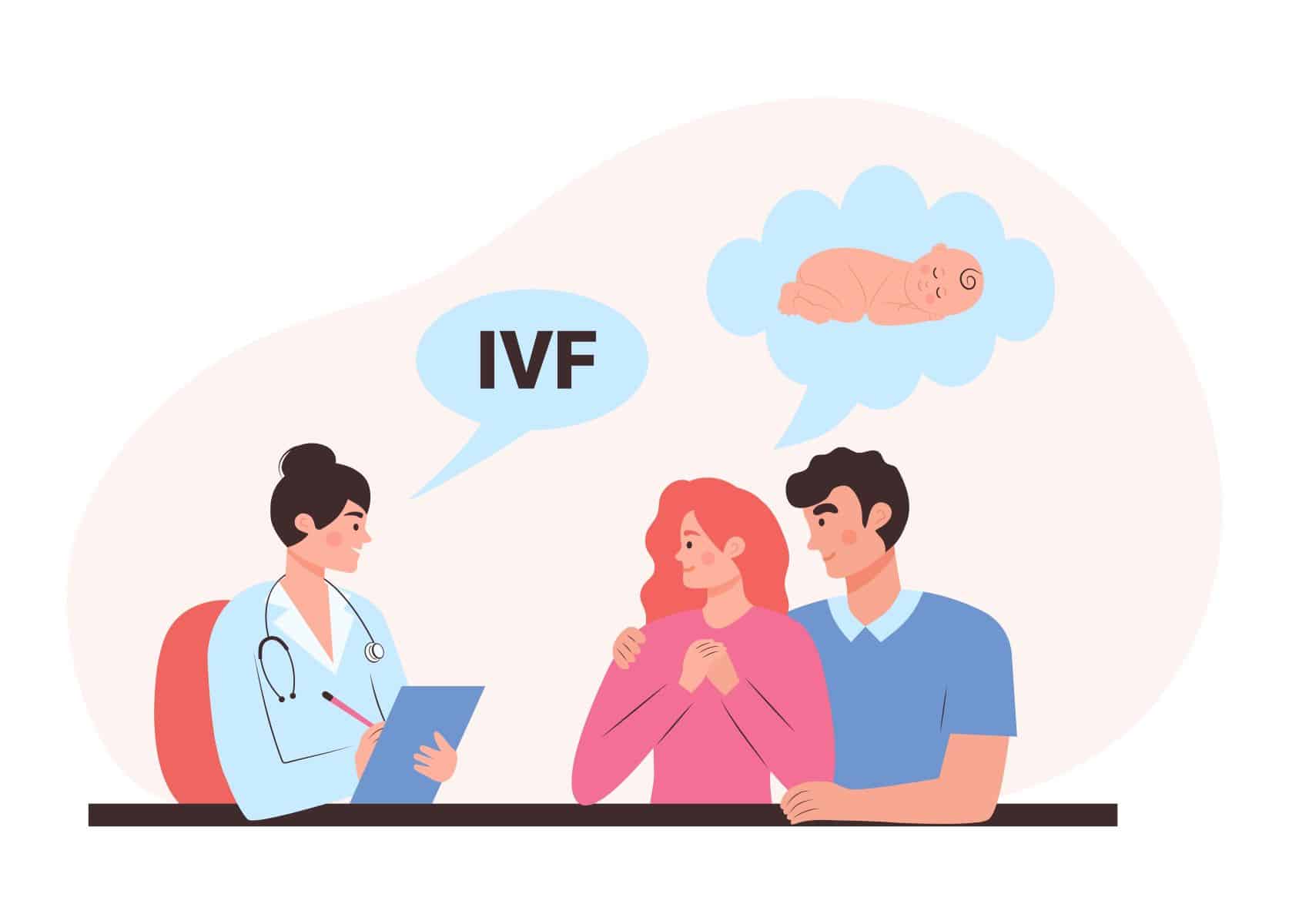
Individualized Fertility Care Options?
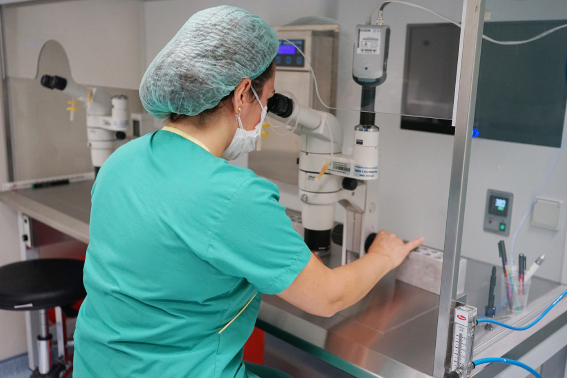
IUI
Intrauterine insemination (IUI), also known as artificial insemination using fertility medications that stimulate many follicles. During the procedure the sperm are washed, concentrated, and injected directly into a woman’s uterus. The most common indications for IUI are cervical mucus abnormalities, low sperm count, low sperm motility, increased sperm viscosity or antisperm antibodies, unexplained infertility. Read More
Egg Freezing
Oocyte cryopreservation, or egg freezing, increases a woman’s potential to have children later in life. This option is available to women who are diagnosed with cancer or other illness that may affect their fertility. It is also an option for healthy women who wish to delay attempting to achieve pregnancy until later, knowing that as we age our fertility function decreases. During an egg-freezing cycle, a patient will go through many of the same steps that are involved in a typical IVF cycle: ovulation stimulation, ultrasound monitoring, and egg retrieval. After egg retrieval, the eggs will be cultured for a few hours and then frozen the same day for future use. Read More
Preimplantation Genetic Diagnosis (PGD-M)
PGD-M helps diagnose specific genetic disorders in embryos Thalassemia, SMA and others. PGD testing makes it possible for couples with certain genetic risk factors to decrease the likelihood of having a child who carries the same genetic disorders. Read More
Preimplantation Genetic Diagnostic Test (PGD-A)
PGT-A screens for a number of common embryonic chromosomal disorders, including aneuploidy (too few or too many chromosomes) and other chromosome problems that can cause miscarriage or IVF failure. PGS is commonly offered to couples who are experiencing recurrent pregnancy loss or when a female partner is of advanced maternal age. Read More
Before IVF Process
Pre-cycle Preparation
- We will contact you and provide you with all the needed information about the treatment.
- You will have to send us the following tests for evaluation by the doctor before your arrival
For Men- Semen analysis
- Infectious disease tests
For Women
- HSG
- Infectious disease tests
- Hormone tests ( FSH, LH, AMH, TSH, FT3, FT4, Prolactine, VITAMIN D, B12, Glucose )
- We review your medical history and the results of your pretreatment testing before we finalize a protocol that is tailored for you
- We organize you arrival , by arranging your airport pick up and your initial consultation appointment with the doctor
Starting the IVF Procedure:
The IVF process consists of the following:
- Ovarian Stimulation
- Eggs retrieval & Sperm Sample
- Insemination With ICSI and Fertilization
- Embryo Transfer
- Pregnancy Testing
Step 1: Ovarian Stimulation
An IVF cycle begins with ovarian stimulation and ultrasound monitoring. A baseline pelvic ultrasound will ensure a healthy starting point before initiating medication for the stimulation and assessment of egg production. You will take hormone injections to mature multiple eggs from your ovaries. During this time, follicular development and hormone levels will be monitored for appropriate growth for several days. Once your follicles have reached the ideal size, you will be ready for egg retrieval.
Step 2: Eggs retrieval & fertilization:
When egg maturation is judged to be adequate by ultrasound and blood work
A special medication will be administered 36 hours prior to the retrieval of your eggs.
The patient’s eggs are retrieved transvaginally. A little needle is delicately inserted into the ovaries through the vaginal wall under the guidance of ultrasonography.
The embryologist in the IVF lab receives it next, and she transfers the eggs to incubators after identifying them. The egg retrieval operation is carried out under local anesthesia and light sedation, and it lasts for roughly 15 to 20 minutes. The entire procedure lasts around 30 minutes, and most people report only minor discomfort.
Step 3: Insemination With ICSI and Fertilization
The eggs mature for several hours in culture media. This media is made up of essential amino acids and other components necessary for good embryo development. In ICSI or Intracytoplasmic sperm injection will be performed for the retrieved eggs, for better outcome ( we don’t do the conventional procedure) as especially recommended for significant male factor infertility, the embryologist identifies the strongest and best swimming sperm and injects them into each egg.
During IVF your embryos are cultured for up to five days in a temperature-controlled incubator. Each day the embryos are evaluated for quality and development. This information is shared with the doctors to help determine the appropriate day for embryo transfer, which is typically performed on day three or day five of embryo culture or a cycle later in the case of PGS/PGD. Our medical consultant will call you each day to update you on the embryo quality and to answer any questions you may have.
Step 4: Embryo Transfer
The highest quality embryos are then transferred to the patient’s uterus using a thin, soft catheter which is passed through the cervix and into the uterus. This is performed by speculum exam. No anesthesia is needed at the time of embryo transfer. Usually, one embryo is transferred. In some instances (based on a patient’s age and history), more than one embryo may be recommended for transfer. Immediately after the embryo transfer, the patient lies down for approximately 20 minutes before being discharged home.
Fresh Emrbyo Transfer Cycle
A fresh embryo transfer typically occurs 5 days after a patient’s eggs are retrieved ( blastocyte stage). The main benefit of a fresh embryo transfer is that there is a shorter time to conception, since there is only a 5 day waiting period between egg retrieval and embryo transfer into the uterus. There are some contraindications for fresh transfers. If a patient’s progesterone level is elevated, a fresh transfer should not be done, as this would negatively affect embryo implantation. Similarly, if a patient is at risk for hyperstimulation from the medications used to induce egg maturation, a fresh transfer could be dangerous for the patient.
Frozen Embryo Transfer Cycle (FET)
A frozen embryo transfer usually occurs 6-8 weeks after the embryo is frozen. When the patient is ready for transfer, she is given medications to mimic a natural menstrual cycle, and the FET date is coordinated with the cycle to optimize implantation.
If a patient wishes to have her embryos tested for genetic abnormalities, a FET is required. Preimplantation genetic testing (PGT) is performed shortly after egg retrieval. The embryo is biopsied (a small sample is taken from the embryo), and that sample, which contains the DNA of the embryo, is evaluated for chromosomal and genetic abnormalities. Once PGT is completed, the embryologist is able to choose only chromosomally normal embryos for transfer. By transferring only normal embryos, pregnancy success is greatly improved.
Step 5: Pregnancy Testing
Two weeks after the egg retrieval procedure, you will obtain a blood pregnancy test, beta-hCG level, to see if you are pregnant. If the test is positive you will be asked to receive a second blood test two days later. Two weeks and again four weeks after the first blood pregnancy test, an ultrasound is given to confirm the presence of a gestational sac in the uterine cavity (the gestational sac can be seen before the embryo is visible).
Success Rate
A comparison of clinic success rates may not be meaningful because patient medical characteristics, treatment approaches, and entry criteria for ART may vary from clinic to clinic. When reviewing any clinic’s fertility treatment statistics please keep in mind that methodology, treatment course schedules and patient population are unique to the given institution.
Although it is possible for IVF successful at any age within the fertility range, IVF is most successful for women who are under the age of 35. As women get older, the ability to conceive both naturally and through IVF begins to diminish after 35.
What increases IVF success rates?
There are many factors that can improve the chances of having a successful IVF cycle, including lifestyle changes and medical procedures. Lifestyle choices that can increase the odds of getting pregnant include eating healthy, maintaining a healthy BMI, exercising regularly, not smoking, limiting or avoiding alcohol, getting plenty of rest, and reducing stress. Fertility care procedures that can be used to improve the chances of having a successful IVF cycle include intracytoplasmic sperm injection (ICSI), preimplantation genetic testing (PGT), and frozen embryo transfer (FET). However, although all of these methods can improve the chances of having a child through IVF, none of them are a guarantee.
At the clinic
ICSI
Stem cells
PRP
Genetic tests
DOCTORS
OUR TEAM
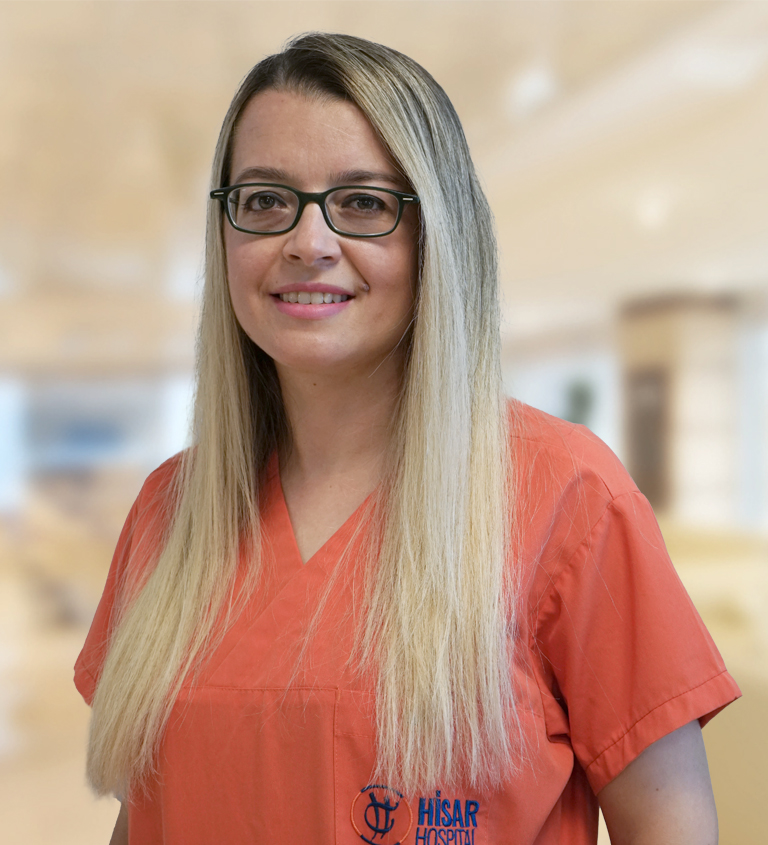
ÖZGE TUTAK SERTKOL
Biologist
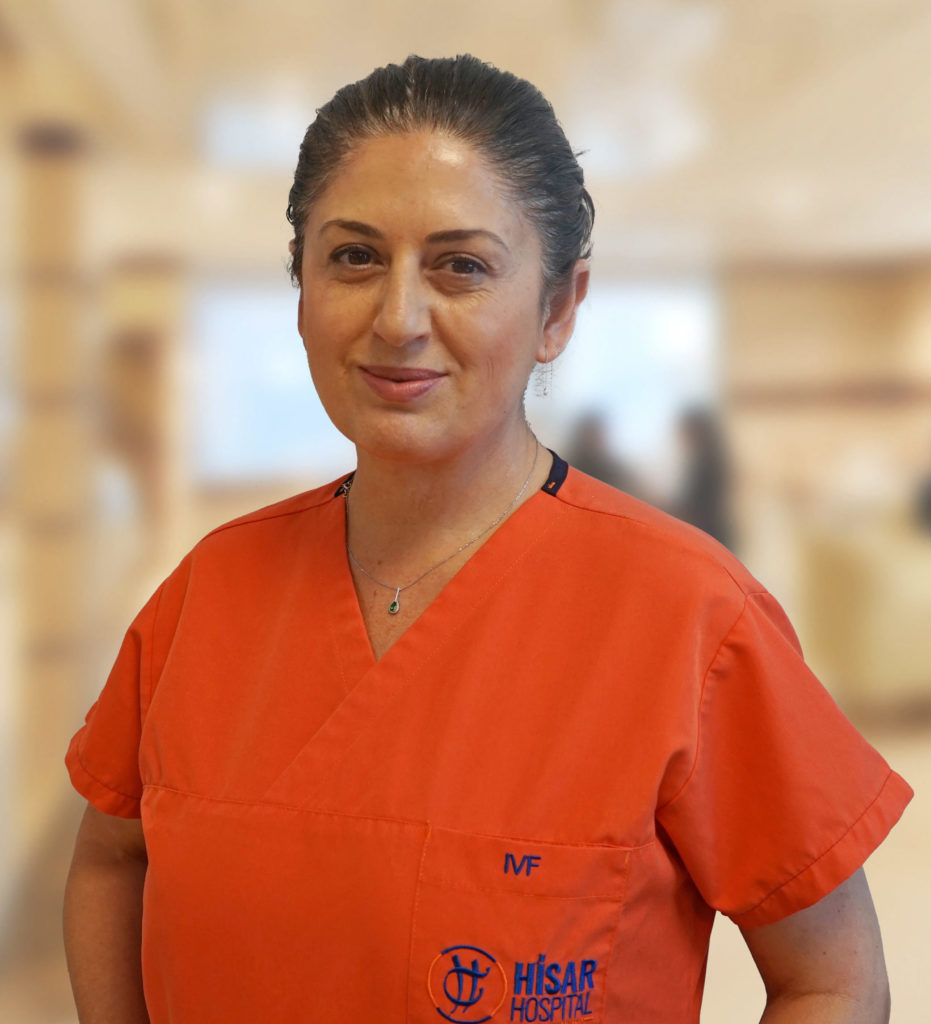
FİLİZ BAYZİN
IVF Medical Coordinator
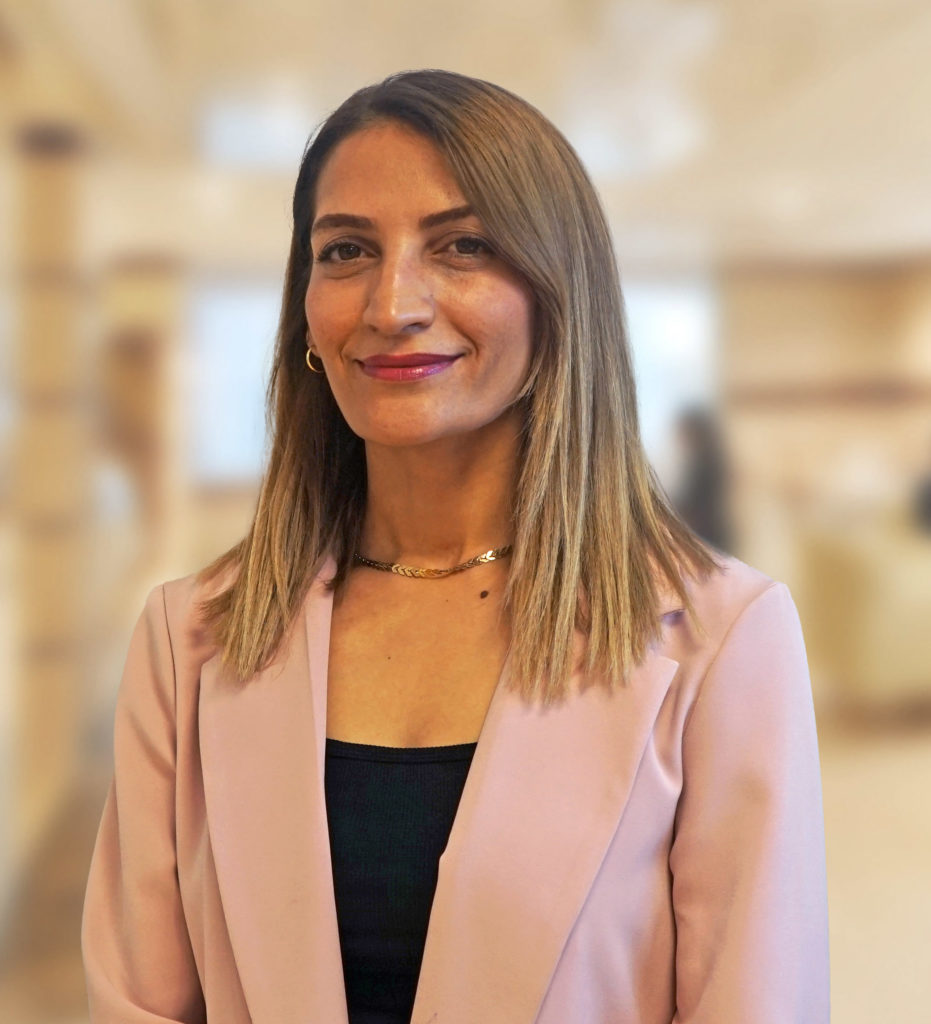
HÜLYA KANDEMİR
IVF Department Coordinator
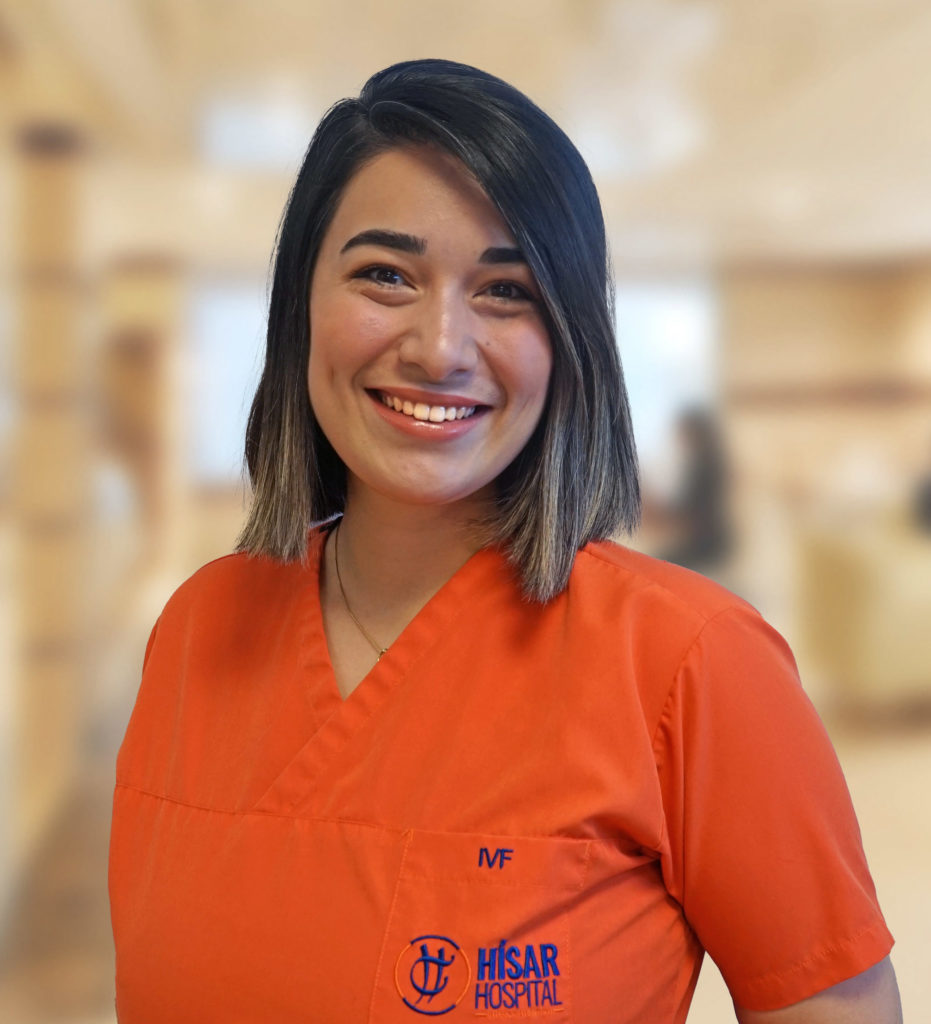
SENA UZUNER
IVF Nurse
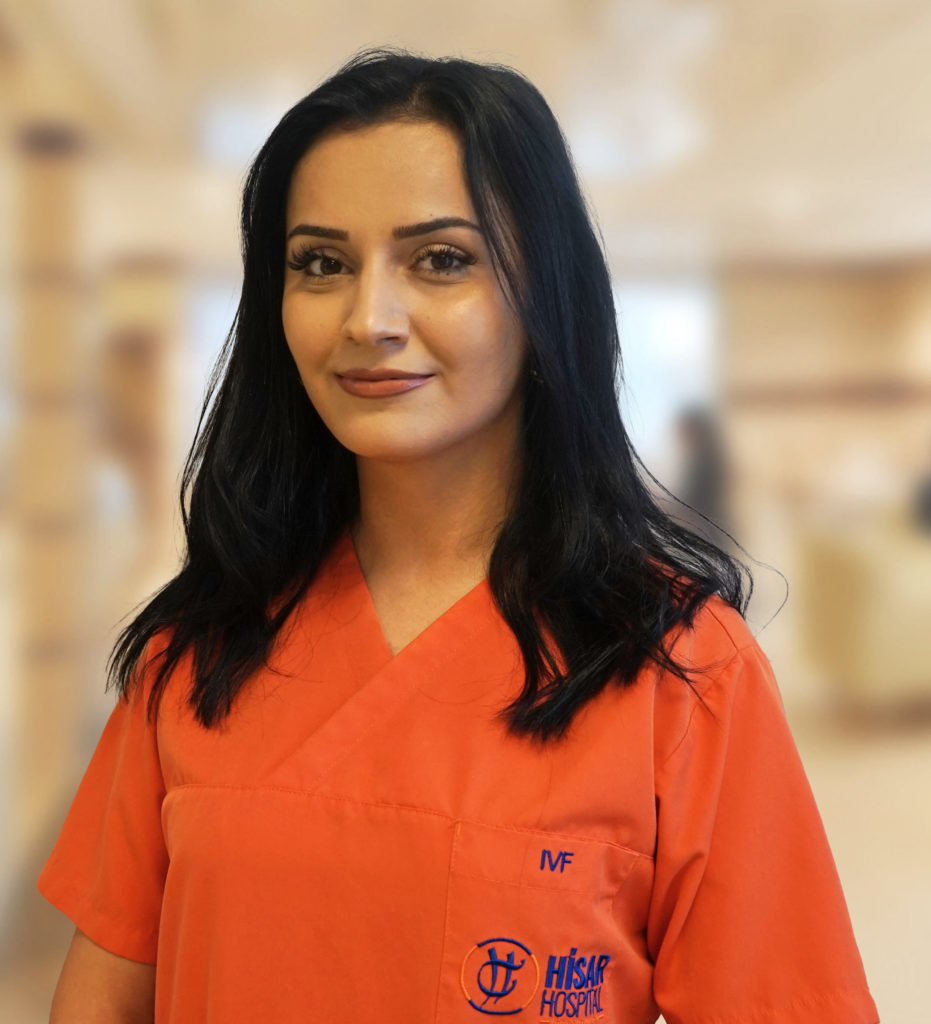
GURBET TAKAR
Patient Counselor
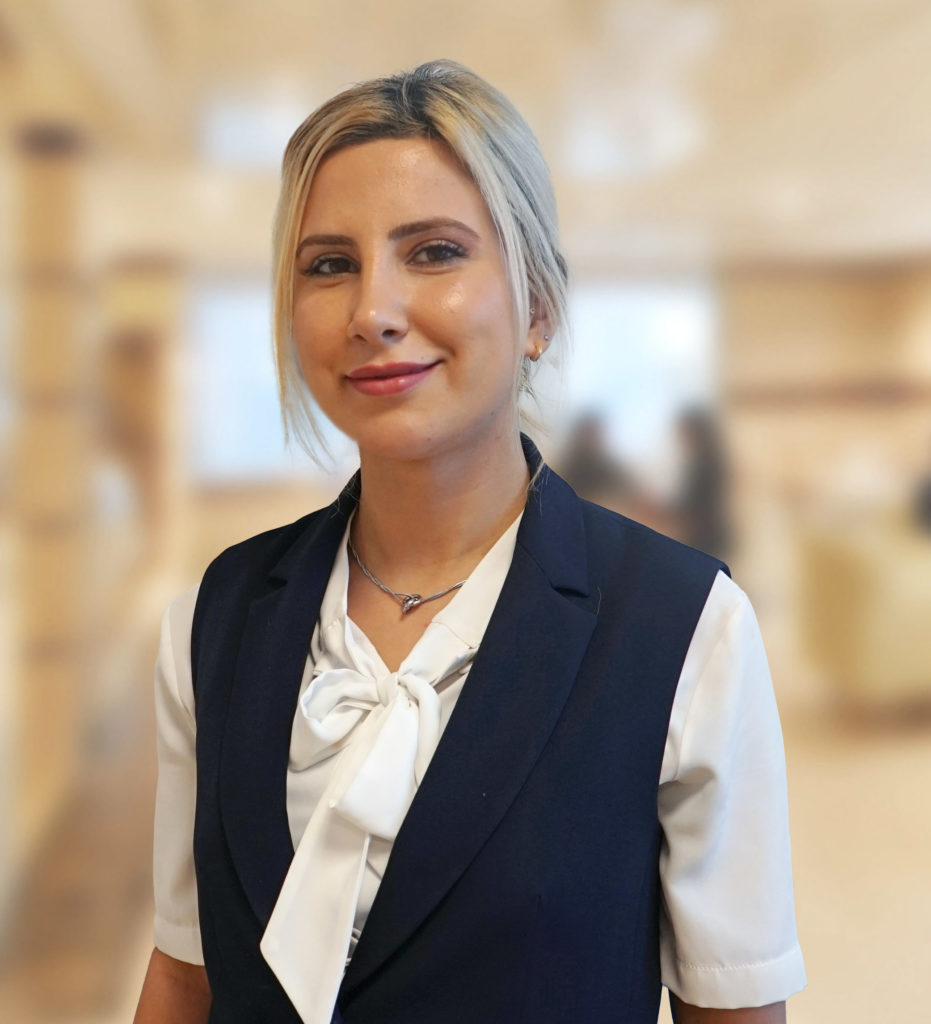
GİZEM ŞAHİNGÖZ
Patient Acceptance Officer
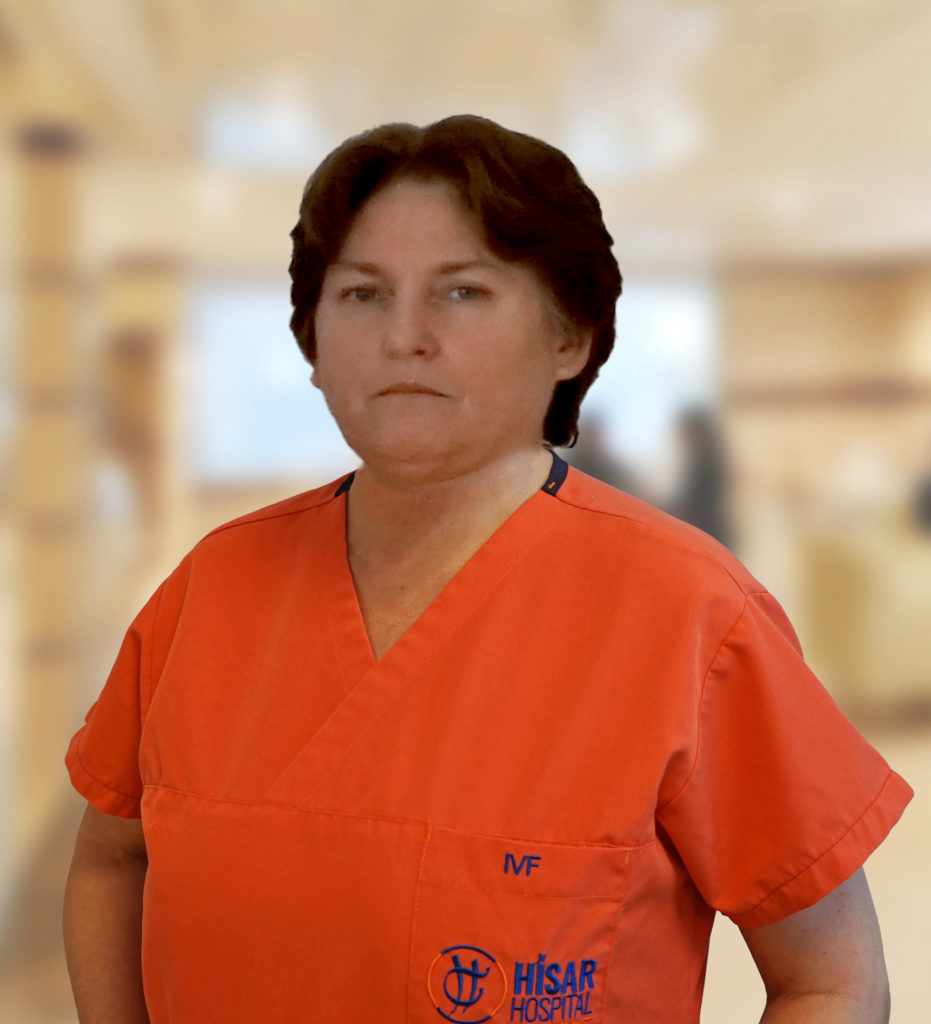
BERRİN AKAGÜNDÜZ
Assistant Healt Personnel
About Hisar Intercontinental Hospital
The aim of the our hospital is to provide the highest patient satisfaction through diagnostic and treatment units using advanced medical technologies at affordable prices.
16 years of work
Our hospital has a JCI certificate and is included in the TOP10 hospitals in Turkey
90+ doctors
The best doctors, annually undergo advanced training
53 branches
We are a multidisciplinary hospital. We have 212 beds and 30 intensive care units
We speak 10 languages
We serve patients from all over the world in 6 different languages
Contact:
Hisar Intercontinental Hospital
Address: Saray Mah. Siteyolu Cad. No:7 Ümraniye/İstanbul – Turkey
Phone: +90 216 524 13 00
Whatsapp: +90 505 188 78 05
Email: [email protected]
Website: www.hisarhospital.com
